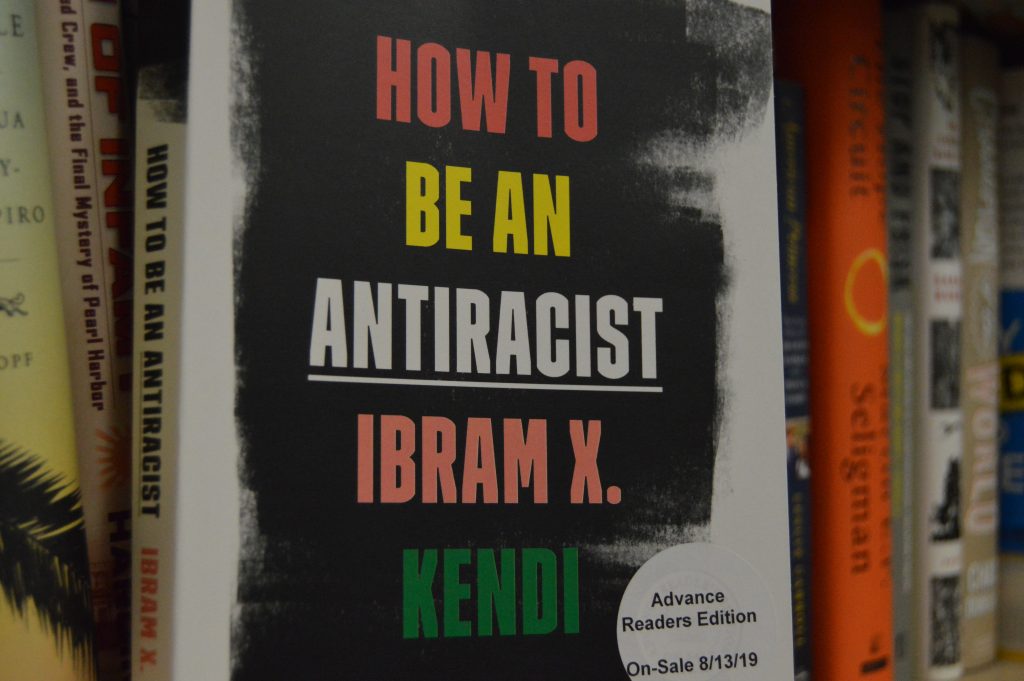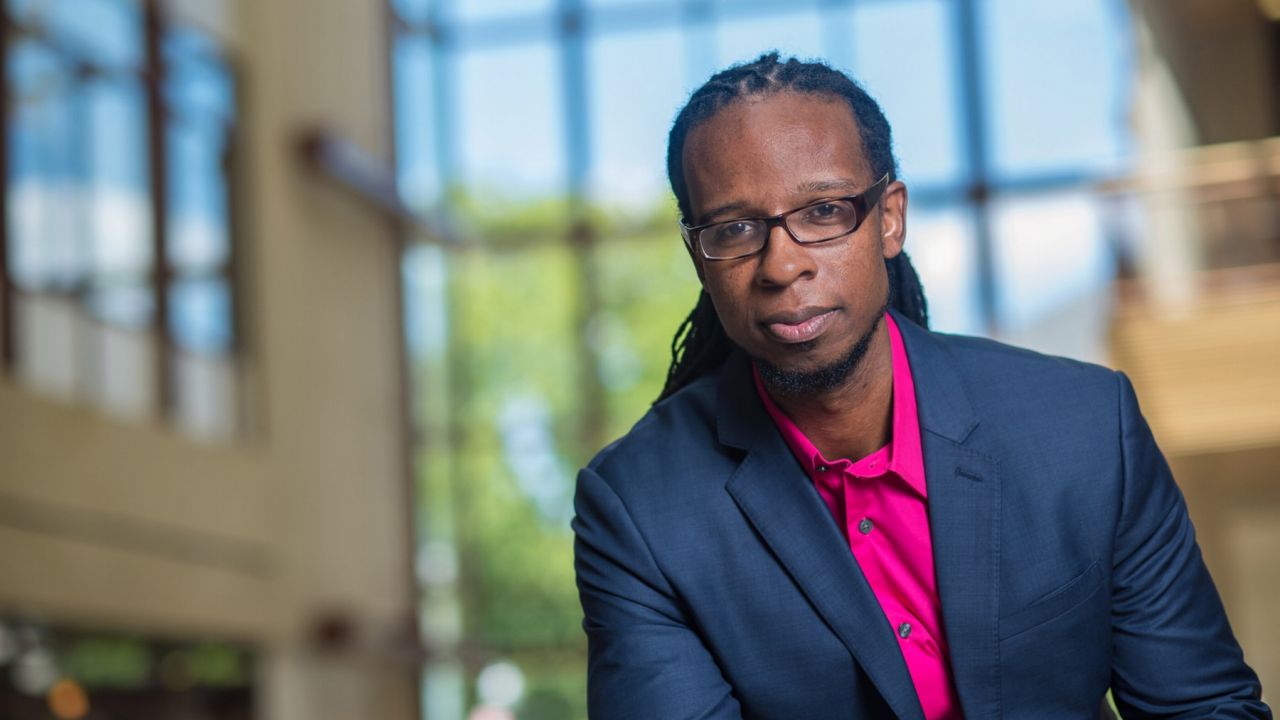Listeners Weigh In on How to Fight Racism Within Yourself and Your Community
Award-winning historian Ibram X. Kendi discusses his new book, “How To Be An Antiracist,” challenging his inner racist sentiments. The conversation struck a chord with WDET listeners.

Dr. Ibram X. Kendi is a historian and director of the Antiracist Research & Policy Center at American University. He is also the author of the national book award winning, “Stamped From The Beginning.” That book was a deep look into racism and racist ideas throughout American history by chronicling the lives of notable Americans from Thomas Jefferson to W.E.B. Dubois.
His new book, “How To Be An Antiracist” turns the story inward and describes Dr. Kendi’s own journey of identifying his own internalized racist ideas and transformation to becoming antiracist.
“For many people, instead of assessing themselves they will reflexively deny their own racism,” Kendi tells Stephen Henderson on Detroit Today. “The heartbeat of racism is denial.”
A number of listeners also weigh in with their own stories of struggling with racist thoughts and feelings, and with racism within their own communities.
Click on the player above to hear Dr. Ibram X. Kendi talk with Stephen Henderson on Detroit Today about his new book “How To Be An Antiracist,” and read listener responses below.
“I am a white male, 60 years old, and when I think of myself logically, I don’t think of myself as a racist. However, I do find occasionally there are situations where I have emotional reaction that is definitely racist. And part of my concern with society moving forward on the idea of race is I don’t find that there are a lot of public spaces where I can make that statement and have a constructive dialogue about it. To admit that you have some racism within you is something that, I believe, will shut a lot of people down. I like the idea of antiracism because I think it provides a path forward where we can look at ourselves and each other, recognize where we fall short and have some constructive dialogue about how we move forward.” — Barry, Green Oak Twp.
“I am an Arab American and I see that Arab Americans also hold racist views toward black people. And, of course, they’re not coming from a place of white superiority or white privilege.” — Sam, Dearborn.
“We are exceptional at creating these labels that keep us separated and which the politicians use. But the bottom line is that pre-judging and prejudice is a human condition. If we could use a different language, changing the language could unite us.” — Madeline, “Suburbia.”
“From my perspective, I’m white and about 20 years old. And going to high school around this area, a really white area — a graduating class of 800 people, like maybe 20 people of color. And I feel like because of that, there’s never a strong enough conversation about race and the impacts of these things early enough before these things are solidified in people’s head.” — Emerson, Shelby Twp.

